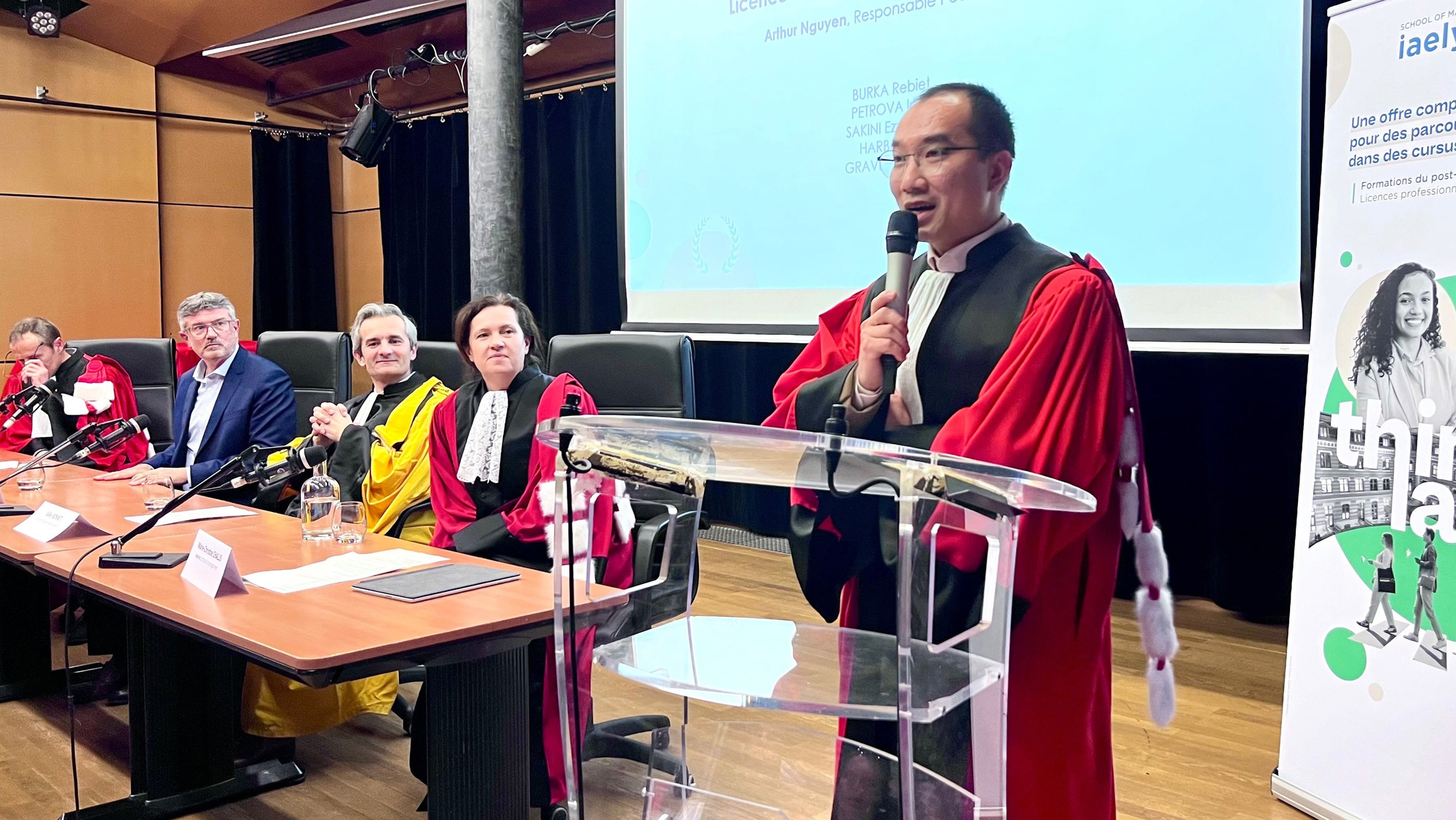
Prof. Dr. Nguyen Nhat Nguyen at the graduation ceremony of Lyon III Business School - Photo: NVCC
Previously, he was awarded the title of associate professor by the French State at the age of 30.
Talking to Tuoi Tre , Professor Nguyen Nhat Nguyen said: "I was lucky to be ranked 12th out of 83 people who initially registered for the exam and was the youngest candidate selected in this round.
I was assigned to the Rouen Business Institute (IAE de Rouen) of the University of Rouen Normandie as a university professor in management sciences .
Starting from September 1, I will work with the board of directors to develop the academic programs for the academy and participate in the management of the Normandy research institute, the Rouen branch."
Pass 4 rounds
* How do candidates get the title of French national professor, sir?
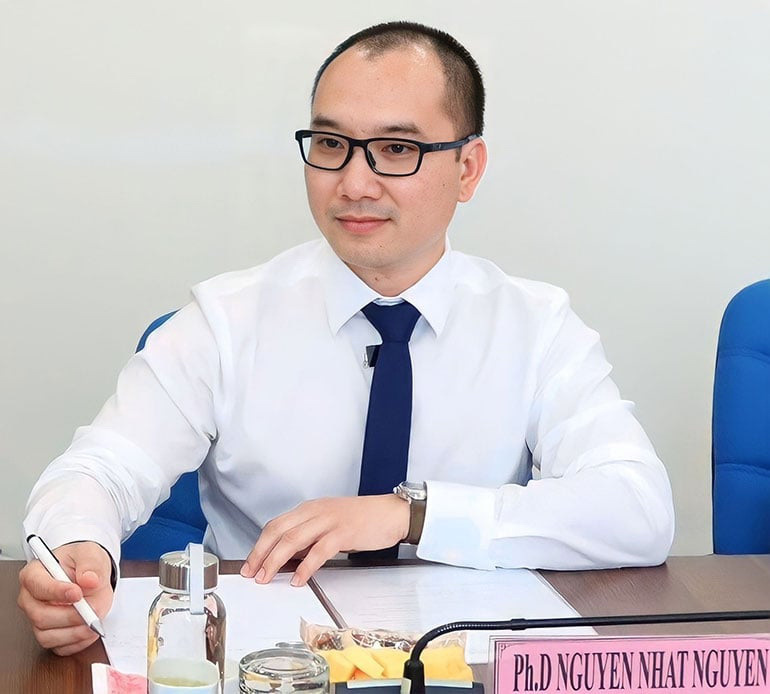
Prof. Dr. Nguyen Nhat Nguyen
- Unlike the professorship recognized by the rector of a public university or a private business school, the national professorship (or literally translated from French - university professorship) is a social position recognized and approved by the French president.
A person who is awarded the title of national professor must pass a national examination held every two years. Depending on the needs of the State, the number of national professors changes with each examination season.
Previously, this national examination was mandatory for an associate professor to become a professor in most fields. However, currently only three fields maintain this examination system: law, political science and management science.
I will participate in the 2023-2024 exam season, which will last from September 2023 to June 2024 with four rounds. Of which, the third round is the most difficult for all candidates.
For me, this round was especially difficult because I was not formally educated in France and French is not my native language.
In this round, after drawing a topic, the contestants enter a closed room without Internet, with a library of books and are asked to design a lecture within 8 hours. Then they have to give a lecture to the council.
Candidates will be disqualified if their essay is less or more than 30 minutes long or off-topic.
After the fourth round, candidates are ranked according to the number of national professorships available throughout France. Depending on their ranking, candidates will choose a university to work at from the list of universities with professorships available for each exam.
* You are known in the academic community of management in France with many articles about Vietnam, Korean movies and music. While you graduated from the International Business major at the University of Economics Ho Chi Minh City. After that, you went to France to study and defended your doctoral thesis also on culture. Why did you choose this research direction?
- Thanks to my bachelor's thesis on male cosmetic consumption in Ho Chi Minh City and graduating with honors, I was awarded a scholarship by the Francophone Association AUF to study for a one-year master's degree in France in 2011.
In early 2012, I received a scholarship from the French Embassy in Vietnam to do my PhD. I defended my PhD thesis in 2016. My PhD thesis on globalization was nominated by the University of Lille where I was a PhD student for the best thesis award in marketing in 2016.
In my thesis, I combined Western and Eastern philosophical thought (especially Zen thought) to explain the phenomenon of cultural exchange at a micro level. Perhaps that is why my thesis was selected to compete for the prize.
My research activities revolve around the topics of (1) consumer culture in developing countries, (2) globalization, and (3) nation branding strategies.
I use Korean films and music as a context to study Vietnamese youth consumer culture during the renovation process, Korea's national branding strategy, and Korean entertainment companies' cultural export strategies in Vietnam, Southeast Asian countries, and Europe.
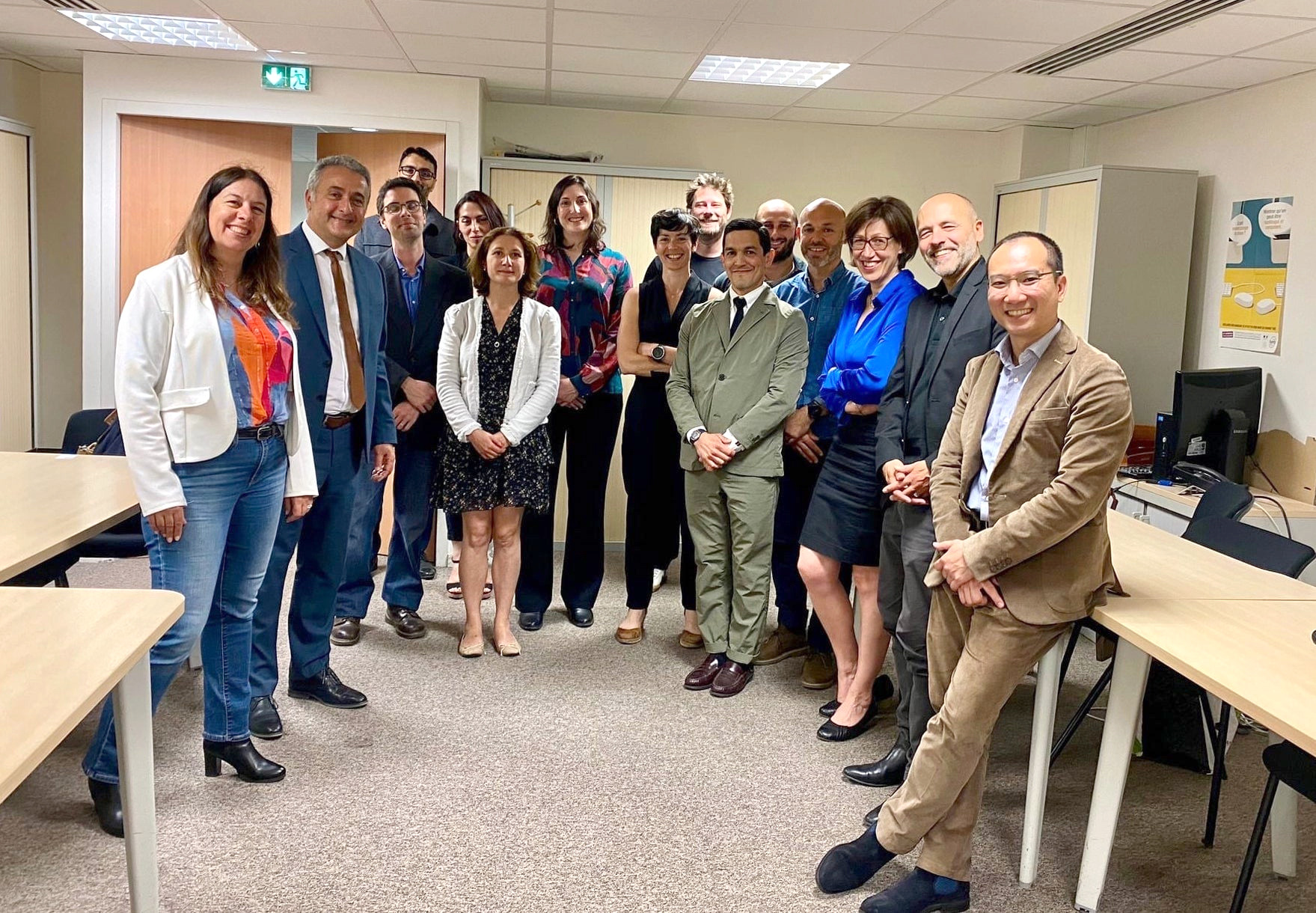
Professor Nguyen Nhat Nguyen (right cover) has just been awarded the title of national professor by France - Photo: NCCC
Practice Academic French Every Day
* You used to teach at the Jean Moulin Lyon III public university. After a year of probation, you were awarded the title of associate professor by the French government. How did you overcome those challenges?
- At the public university Jean Moulin Lyon III, I am required to teach subjects both within and outside my field of expertise from undergraduate to master's level. In addition, I am required to conduct regular research activities and participate in program management activities.
This is not an easy task. For someone born and raised in Vietnam, managing French students is an even more difficult task. It requires a great deal of curiosity to understand the working style, activities and working culture of French youth.
Perhaps because I study youth culture and read a lot of Western youth studies, I can manage French students effectively according to my colleagues.
I think that instead of focusing on policies to attract talent and prevent brain drain, Vietnamese policymakers can focus on building a knowledge sharing network between the Vietnamese academic community around the world and scientists in Vietnam.
From there, develop a startup nation model like what Korea and Israel have done.
Prof. Dr. Nguyen Nhat Nguyen
* One of the requirements for researchers and lecturers in the field of social sciences is proficiency in using language to be able to teach. How did you learn to use academic French?
- Unlike economics, the field of management science requires a high level of proficiency in academic French.
Additionally, since my expertise is in qualitative research methods, in order to analyze cultural topics, I often read academic books and listen to academic programs on a daily basis.
Every day I listen to social debate programs and cultural programs on the radio and on television.
I also often join literature and philosophy clubs to improve my academic French.
One of the advantages of working in France is that my colleagues also like to talk about culture and society. Through daily conversations with them, I improve my French.
Creating conditions for Vietnamese students
* In reality, many Vietnamese people study abroad and do not return to Vietnam. From your own experience, how do you explain this?
- I often travel back and forth between Vietnam and France to teach and do research. This partly helps me popularize French management thinking in Vietnam and partly helps me grasp the movements of the market and consumer culture in my home country.
I believe that each person will choose a living and working environment that suits their personality. Whether living in Vietnam or abroad, the friends I know all have ways to contribute to their homeland.
As an associate professor at the University of Lyon III and director of several master's programs at the university, I have created conditions for Vietnamese students to study high-quality programs at affordable tuition fees. I also participated in the review of the Eiffel scholarship - one of the most prestigious scholarships for studying abroad in France...
Many Vietnamese people I know also contribute to helping outstanding young people achieve their dreams of studying at prestigious universities, being recruited as graduate students at major universities, and building a network to share academic knowledge for the Vietnamese academic community.
Source: https://tuoitre.vn/nha-khoa-hoc-viet-duoc-phap-phong-ham-giao-su-20240706222957204.htm



![[Photo] Cuban artists bring "party" of classic excerpts from world ballet to Vietnam](https://vphoto.vietnam.vn/thumb/1200x675/vietnam/resource/IMAGE/2025/6/26/797945d5d20b4693bc3f245e69b6142c)




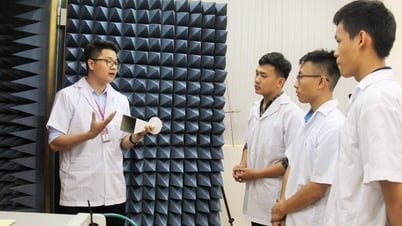


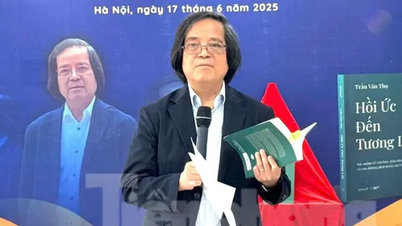

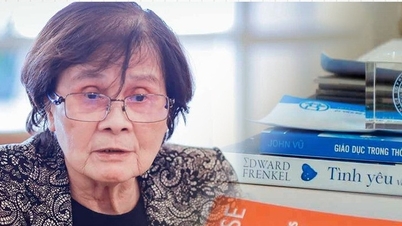


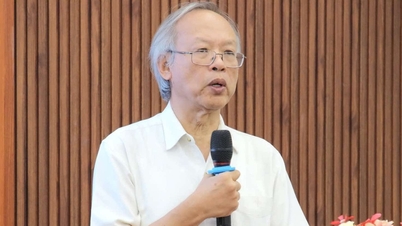
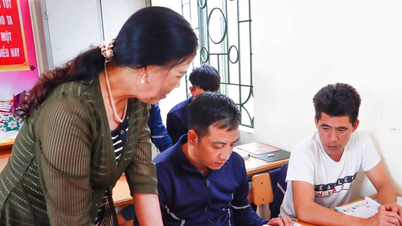

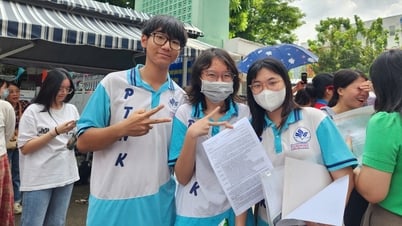



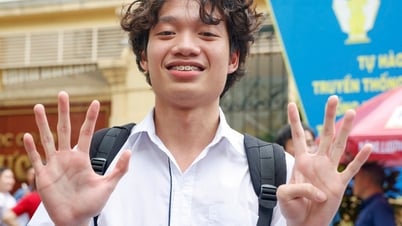


















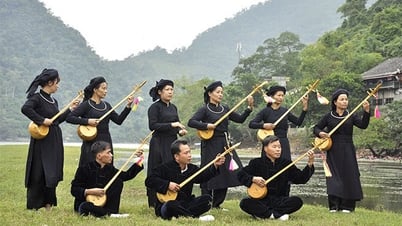




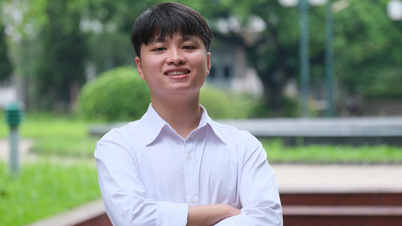



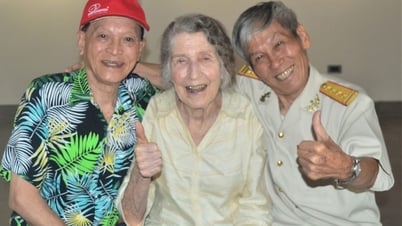

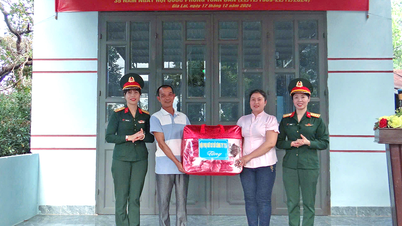
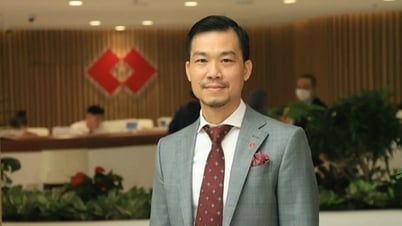
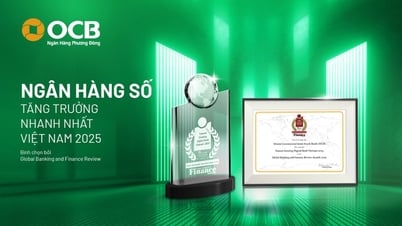



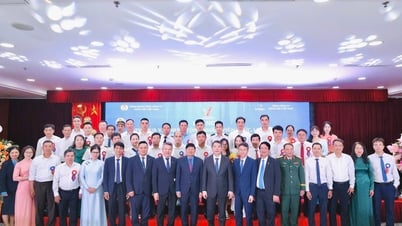
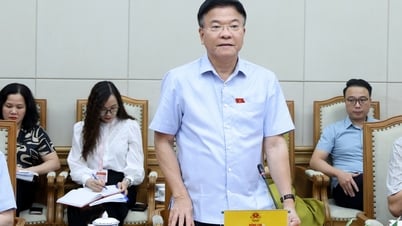




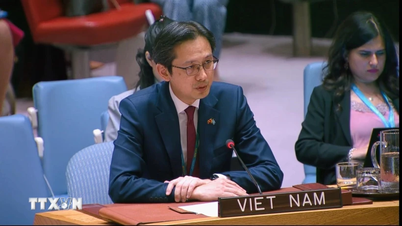
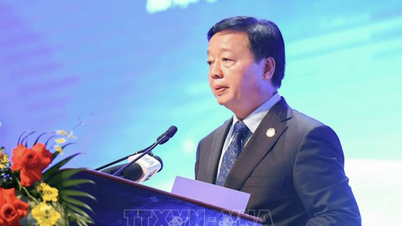
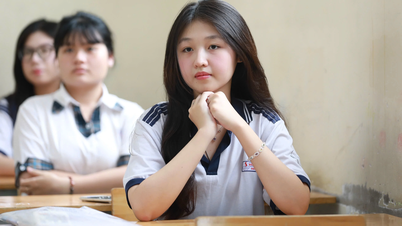


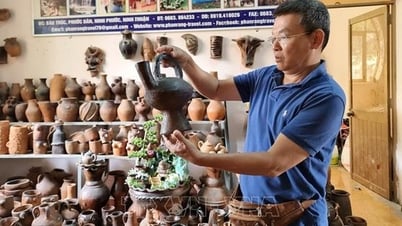
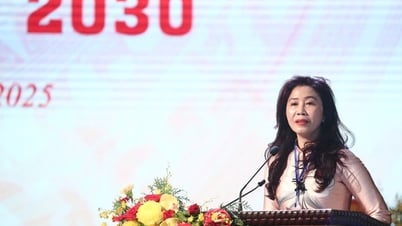
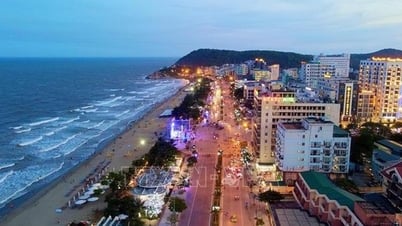

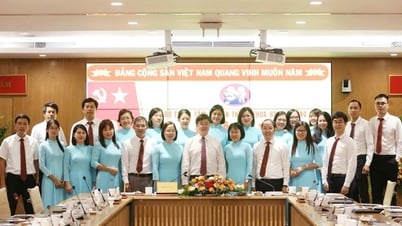

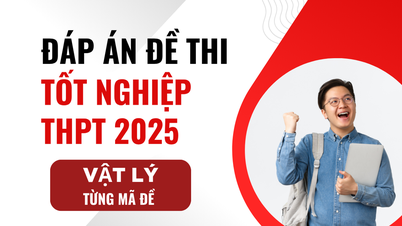





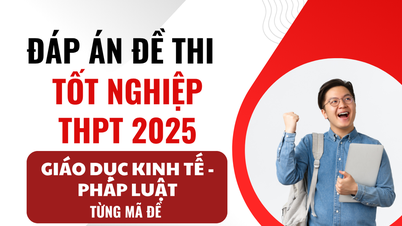


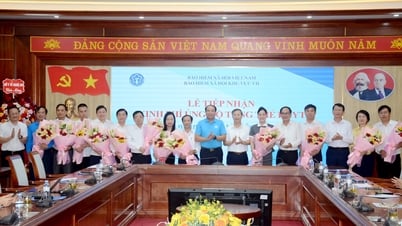










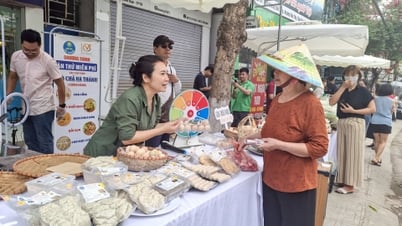






Comment (0)